Rotator Cuff Pain
Rotator cuff injuries are the most common shoulder injuries, you can get them from overuse (repetitive strain) or from an acute injury. They are usually caused by sports that involve a lot of use of the shoulder such as throwing sports or racquet sports. They can be quite limiting in terms of mobility of the shoulder but are easily treatable.
What is a rotator cuff?
Your rotator cuff is a group of four different muscles and tendons around your shoulder joint. The shoulder is actually a pretty complicated part of the body because there are three bones in the shoulder.
These are the upper arm bone, the shoulder bone and the collarbone. The rotator cuff connects the upper am bone to the shoulder blade which allows you to lift your arm up and rotate it so it is crucial for mobility.
The rotator cuff also helps to keep your arm in your shoulder socket because it's a 'ball-and-socket' joint.
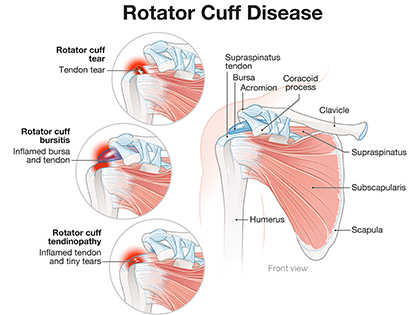
What are the different types of Rotator Cuff Injuries?
N.B. Please don't attempt to self-diagnose yourself, you should always seek qualified medical guidance if you believe you have developed a medical condition/injury.
It is also important to note that you should only see a doctor if the pain is very severe, overly restricts your daily life and range of motion or causes you to wake up while sleeping.
Shoulder Tendinopathy
Tendinopathy is a term used for any tendon damage that causes pain and swelling so this can refer to a range of different conditions. One of the ways the tendons can get damaged is by getting trapped between the upper arm bone and the shoulder blade which is usually known as shoulder impingement.
Over time this type of injury can get worse and the tendon can end up tearing
Rotator Cuff Tear
When a muscle and ligament in your rotator cuff has a complete or partial tear this is known as a Rotator Cuff Tear. You can have more than one tear in your rotator cuff and it can be from an injury or it can happen over time.
Rotator Cuff Tendonitis
Similarly, the rotator cuff tendons and muscles can have more minor damage which is classed as tendonitis.
This can cause swelling and irritation of the tendons and muscles which will get worse over time. Tendonitis is usually an RSI as it's caused by overuse.
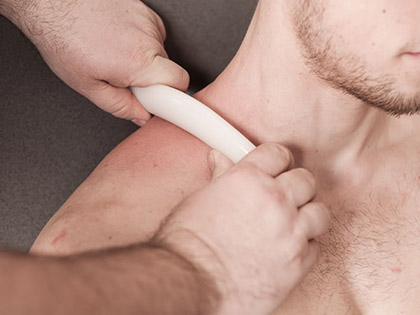
How to relieve Rotator Cuff Pain
This depends on the type of injury, a Rotator Cuff tear is obviously a lot more severe so most cases require surgery (shoulder arthroscopy).
Rotator Cuff tendinitis and tendinopathy typically heal on their own over a period of weeks to months. This doesn't mean they shouldn't be managed or treated in some way though
As we mentioned earlier, these types of injuries can develop into a tear
Your shoulder will also likely require some type of physical therapy such as stretches, exercises and strengthening exercises after recovery
As is the case with most acute and overuse injuries, Rest is extremely important. This is why it's an integral part of injury management principles such as the RICE and the POLICE principle.
In addition to rest, or if you are unable to rest your shoulder properly, pain management and rehabilitating the shoulder to restore mobility are equally important for recovery.
Pain management is usually in the form of NSAIDs and although you should avoid using anti-inflammatories too often; this is only because they slow down the healing process slightly, they are still important for managing swelling and pain relief.
Pain Relief products for Rotator Cuff pain
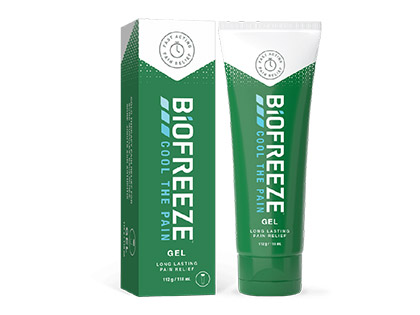
Pain relief Gels
It's always good to have a topical solution for pain relief when you have an injury, try to avoid anything that relies on heat though because this will increase swelling and actually cause more pain.
Instead, try to go for cold therapy gels because they will help to reduce the swelling and provide targeted relief.
The thing is Rotator cuff injuries are sometimes mistaken for tense shoulders so proper diagnosis is important for treatment
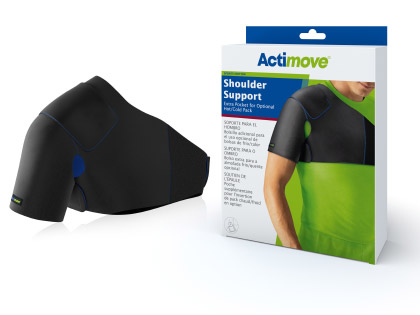
Shoulder Support
Part of protecting your shoulder through rest is having proper support that will give your rotator cuff muscles and tendons a well-deserved break from doing all the heavy lifting.
This shoulder support even comes with a pouch for a hot and cold pack that you can use to treat your rotator cuff pain while wearing the support.
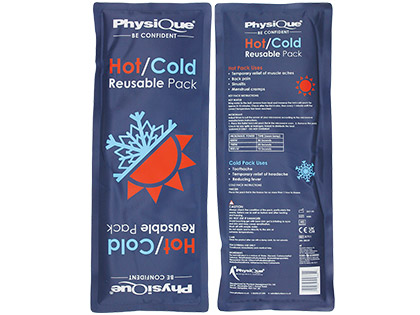
Ice Pack
As mentioned earlier, heat actually isn't good for inflammation and is used for tense muscles as opposed to irritated muscles and tendons.
Therefore, try to stick to the cold function of the hot and cold pack or alternatively, get a non-reusable ice pack.
You can fasten the ice pack to your shoulder with a thin towel but remember to only use it for 20 minutes at a time, this is enough time and your body will do the rest of the work.
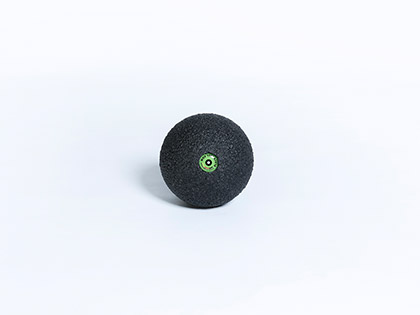
Massage Ball
You can use a massage ball to do Rotator Cuff exercises, there are various exercises you can do for mobility but the exercises you do with a massage ball are more for massaging the muscles and the rest of the rotator cuff
This can relieve tension and aid pain relief, you can also do self-myofascial release which is used to treat rotator cuff injuries along with other soft tissue and advanced massage therapy techniques.
For Physios and Therapists
If you're a Physio, sports therapist, massage therapist or sports medicine professional then here are some products that you can use to help treat patients with Rotator Cuff pain.
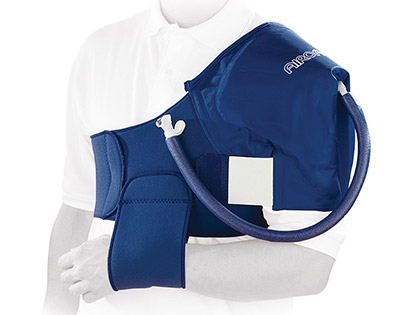
This is a cold therapy compression garment designed specifically for use on the shoulder.
It works by using gravity to pump ice-cold water through the affected area which in this case will be the shoulder.
Cryotherapy is good for reducing swelling and effective for pain relief so it's a good piece of kit for rotator cuff injuries
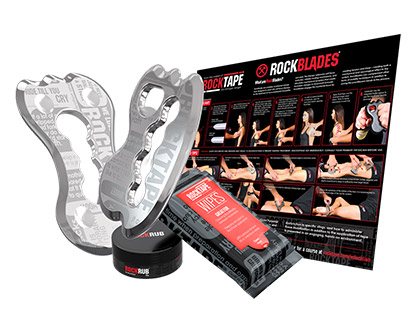
Rockblades - Soft Tissue Tools
The Rockblades 2.0 are the ultimate soft tissue tools, the 'Mallet' can be used for soft tissue scanning and treatments and the the 'Mullet' can be used for soft-tissue manipulation
Soft tissue treatments are a more advanced version of remedial massage, they are used to treat rotator cuff injuries.
Although your soft tissues can include ligaments and tendons, you have a lot of soft tissues in your body and particularly your shoulder so targeting them can provide proper pain relief, ease tension and speed up recovery.
Rotator Cuff Activation and Strengthening Exercises
The following exercises can help with treating Rotator Cuff injuries and can also help with strengthening your shoulder after recovery, please refer to sources cited at the end of this blog post for more exercises
Taping Techniques for Shoulder and Rotator Cuff pain
This is a kinesiology taping technique for rotator cuff pain relief, Kinesiology tape helps to relieve pain and aid lymphatic drainage
This is a shoulder strapping technique for extra support
It is particularly useful for athletes with rotator cuff pain because it takes some weight off the rotator cuff muscles and helps protect the rotator cuff from further injury which makes it a good idea for rotator cuff tendinitis and tendinopathy.
Sources and References
Orthinfor - Rotator Cuff strengthening
Healthline - Rotator Cuff
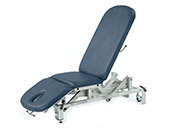
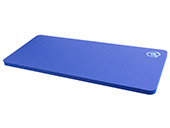

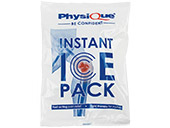
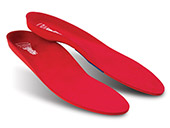
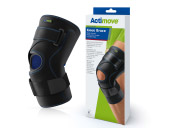
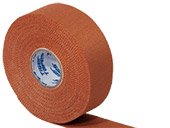
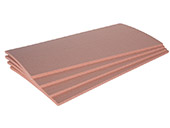
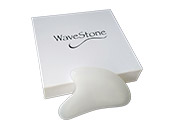
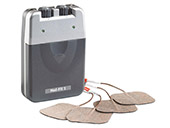

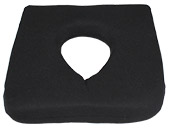
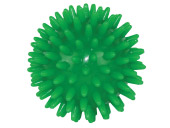
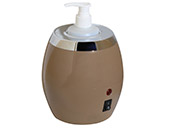
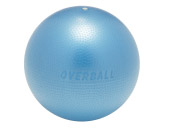
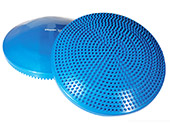
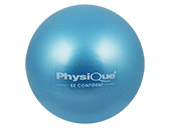
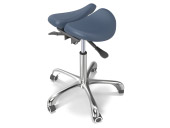
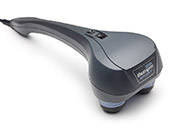
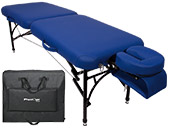
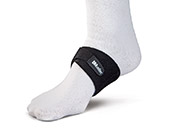
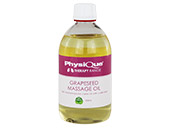
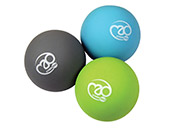
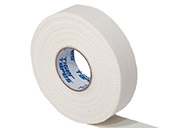
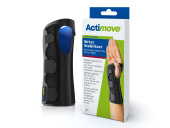
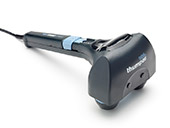
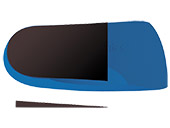
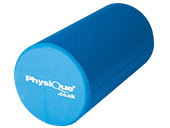
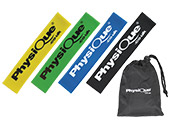
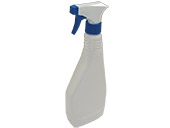
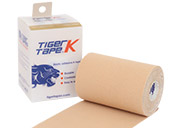
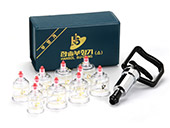
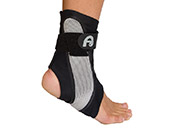
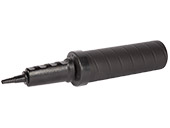
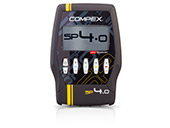
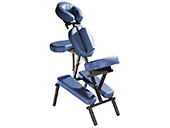
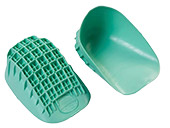

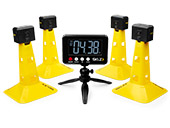
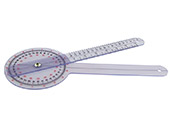
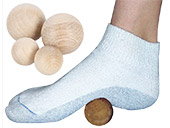
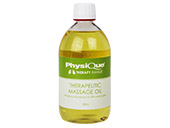
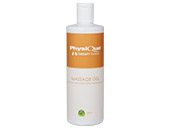
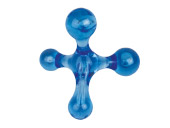
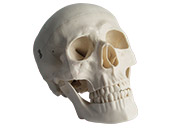
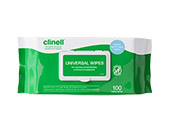
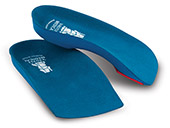
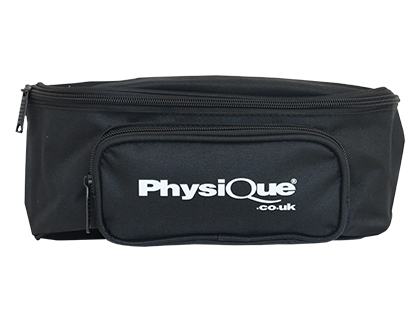
Did you find this article useful?
Why not share this with a colleague, patient or friend?